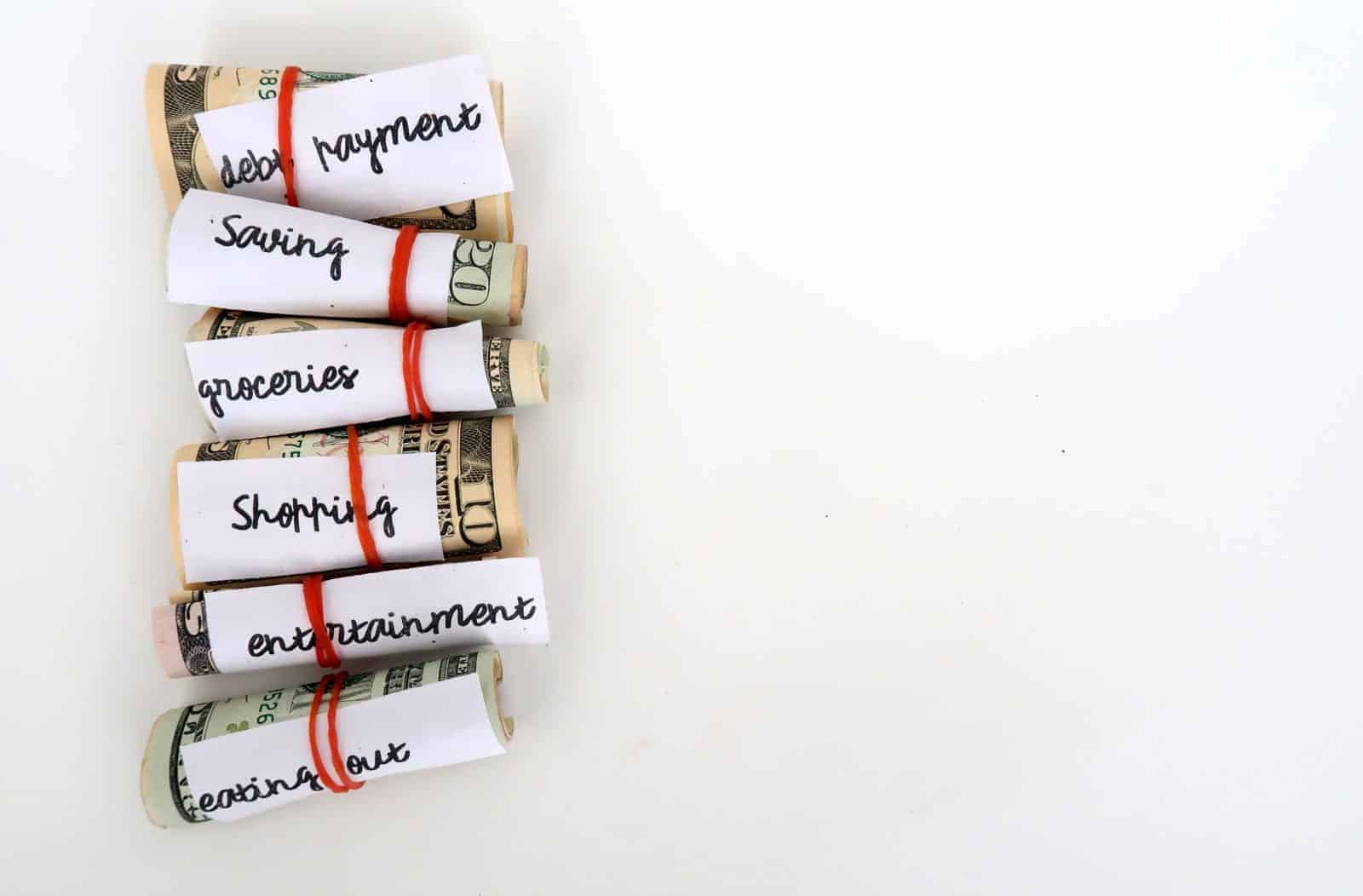

That is monitoring your spending after the fact. But do you have the “extra” money for it this month?Ĭhecking your bank balance every few days, however, is not the same as budgeting. Ah, the lure of a new car or a stand-up desk. The more often you check in on your progress, the more likely you are to notice when you are going off the rails.

Calculating essential monthly expenses (housing, utilities, groceries, loans, etc.).The power comes from comparing your predictions against the actual money that ebbs and flows each month. But a budget is merely a projection of what you expect to receive and spend. The word “ budget” raises hackles for many folks with ADHD it elicits images of scarcity and rigidity.
#YNAB BUDGETING INCOME TIPS PLUS#
That takes an ADHD-friendly budget of some kind - plus these other budgeting tips that work for ADHD brains. The hard truth is that bravely facing your current cash flow - the money that comes in and the money that goes out - is the only way to gain control of it. They ignore bank statements or let the mail pile up for months in a game of financial Russian roulette: “If we don’t see the bills, they don’t really exist, so we don’t have to deal with them.” Many adults with ADHD are masters at avoiding direct contact with their finances. The problem is that they have skipped over the very first rule of money management: Money loves attention! Even though they know better intellectually, they like to believe that it will all work out - fingers crossed.

Many folks with ADHD don’t like to look at their finances for one simple reason: It’s often not good news.


 0 kommentar(er)
0 kommentar(er)
